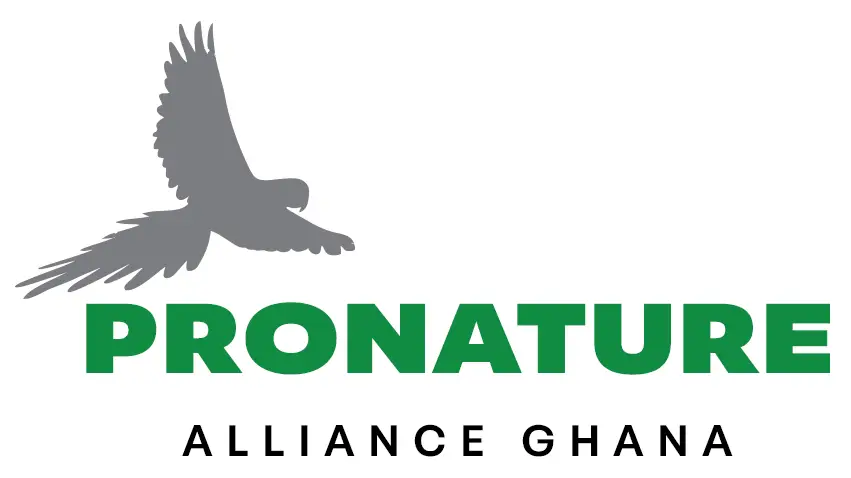Savannah Ecosystem Conservation
Kunlog–Jelinkon CREMA: Strengthening Community-Led Conservation in Northern Ghana.
Across northern Ghana, local communities are on the frontlines of biodiversity conservation. Around Mole National Park, the country’s largest protected area, Community Resource Management Areas (CREMAs) offer a unique framework for local communities to manage natural resources while protecting wildlife sustainably.
The Situation
Yet, these grassroots systems face challenges, including weak governance structures, low participation in management meetings, and limited training on bylaws and resource use. Without strong local leadership and engagement, the effectiveness of CREMAs in safeguarding ecosystems is reduced.
Our Approach and Findings
In the Sawla-Tuna-Kalba District, we assessed the management effectiveness of the Kunlog–Jelinkon CREMA. Using surveys, structured interviews, and focus group discussions with 90 randomly selected community members, researchers explored three key areas:
- The implementation of CREMA’s constitutional management structures.
- The role of women’s groups in CREMA activities.
- Community willingness to support elected CREMA executives.
Community voices were central. Respondents shared their awareness of the CREMA’s existence, bylaws, and regulations, and expressed a clear willingness to support conservation initiatives.
What We Found
- Awareness and Support: Most community members know about the CREMA and are eager to support its activities.
- Governance Gaps: Regular meetings are not consistently held, and the executive committee needs revitalization.
- Community Priorities: Respondents called for stronger engagement with chiefs and opinion leaders, proactive leadership, and a conflict resolution committee to manage disputes fairly.
- Capacity Needs: Ongoing training is essential to strengthen knowledge of CREMA bylaws and sustainable resource use.
Looking Forward
The Kunlog–Jelinkon CREMA has demonstrated strong potential as a community-driven conservation model. With improved governance, training, and deeper involvement of women and traditional leaders, it can be a cornerstone for sustainable land and wildlife management around Mole National Park.
This work was made possible with the support of the Wildlife Division of the Forestry Commission of Ghana and the invaluable contribution of local community members, whose knowledge and commitment remain at the heart of conservation success.
